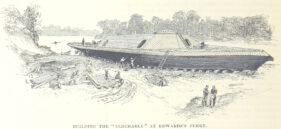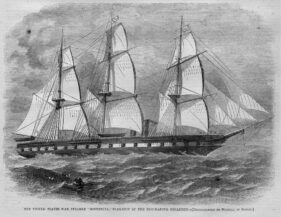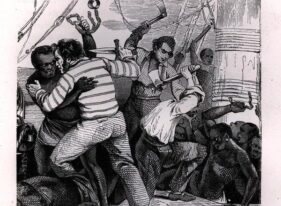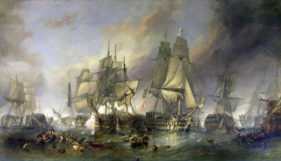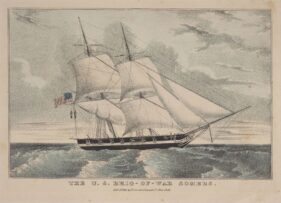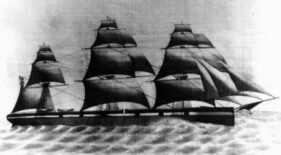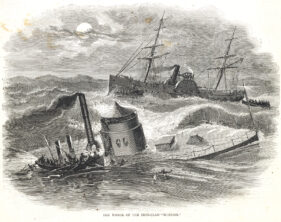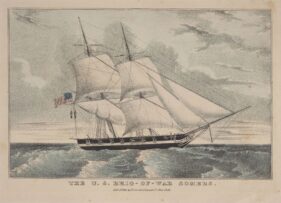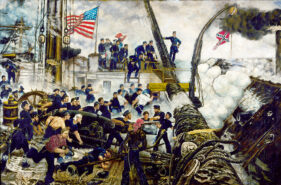Tag: Civil War
-
Development of Confederate Ironclads
Friday, March 10, 2023 12:00 PM to 1:00 PM
Join us for a lecture with author and historian John V. Quarstein, director emeritus of the USS Monitor Center. Quarstein will give a presentation on the Confederacy's strategy to build ironclads in order to combat the superior Union navy.
-
Union Wooden Fleet in Hampton Roads (March 7, 1862)
Friday, March 3, 2023 12:00 PM to 1:00 PM
Join us for a lecture with author and historian John V. Quarstein, director emeritus of the USS Monitor Center. Quarstein will give a presentation on the day’s event as the Union Wooden Fleet prepared to face off against the Confederate ironclad Merrimack on March 7, 1862.
-
US Slave Revolts at Sea
Friday, February 10, 2023 12:00 PM to 1:00 PM
Join us for a lecture with author and historian John V. Quarstein, director emeritus of the USS Monitor Center. Quarstein will give a presentation about the most successful slave revolt in US history.
-
The Curious Case of USS Idaho
Friday, January 6, 2023 12:00 PM to 1:00 PM
John V. Quarstein gives a presentation on USS Idaho, a steam sloop that was built at Camden, New Jersey, as part of a Civil War program of large, very fast, steam cruisers and was eventually converted to a sailing storeship.
-
USS Monitor Condenser Tank Removal
Watch our team remove USS Monitor's condenser tank to make more room in our Batten Conservation Complex!
-
USS Rhode Island to Monitor’s Rescue
Friday, December 30, 2022 12:00 PM to 1:00 PM
John V. Quarstein concludes the year with a presentation about USS Rhode Island’s involvement in the remaining days of USS Monitor.
-
Mutiny at Sea: Death and Destruction on USS Somers
Friday, December 2, 2022 12:00 PM to 1:00 PM
John V. Quarstein share details about why USS Somers was known as a “hard luck ship.”
-
Evolution of Naval Ordnance
Friday, November 18, 2022 12:00 PM to 1:00 PM
Hear from historian John V. Quarstein when he presents on how the advancement of naval armament in the 19th century revolutionized the way ships were built.
